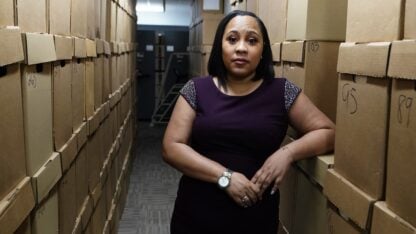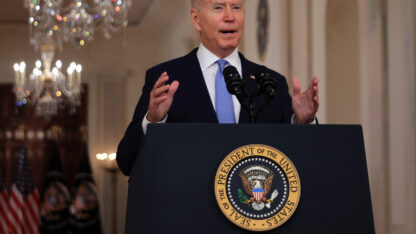Efforts Underway To Add Long-Term Transit Funding To Transportation Bill

Much of the debate over a state plan to raise a billion dollars for transportation has centered on whether it’s technically a tax. Getting less attention is how the plan could help reduce the number of cars on Georgia’s roadways.
Included in the bill is a one-time, $100 million bond package for local transit systems. Supporters say it’s an unprecedented state commitment to public transportation.
Recently, however, Gov. Nathan Deal suggested he’d like to see a longer-term solution.
Lee Biola would, too.
“One hundred million dollars, one-time, across the entire state is, of course, better than nothing, but it’s not a game changer,” said Biola, who heads the advocacy group Citizens for Progressive Transit.
He says a better idea would be to allow any county in the state to raise its local sales tax to join MARTA.
“You need to have a long-term source of operating money, especially if you’re trying to build train lines.”
Three counties – Fulton, DeKalb, and Clayton – currently fund MARTA. By law, Cobb and Gwinnett are the only others that can join if they want.
Biola’s idea is just one of several alternatives being floated as lawmakers debate the broader bill.
House Transportation Chair and bill sponsor Jay Roberts, R-Ocilla, says he’s open to dedicating a regular stream of funding to transit. But he notes any effort to set aside state money requires a constitutional amendment and referendum. If voters approved, Roberts says he’d still be worried about ”tying the hands” of future lawmakers tasked with passing a balanced budget.
The transportation bill as currently written does identify a potential revenue stream for transit. Under the plan, owners of electric cars and other alternative fuel vehicles would pay a new annual fee: $200 for personal vehicles, $300 for commercial vehicles. Lawmakers would be urged, but not required, to use the money generated from the fee to fund transit. State officials estimate it would raise more than $17 million annually after the first year.
9(MDAxODM0MDY4MDEyMTY4NDA3MzI3YjkzMw004))







